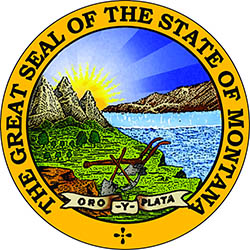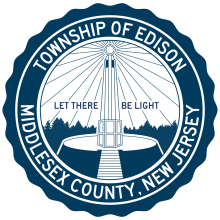The Missoula City Council recently approved a measure to finance a feasibility study on improving local Internet options. Keila Szpaller of the Missoulian reports the council voted 9-1 to spend $13,125 as a first step in improving business connections to boost economic development. Szpaller writes:
“We did a survey around that and identified that one of the needs that folks have is for high-speed, high-capacity connections at an affordable price,” said Councilwoman Caitlin Copple.
Copple chairs the Economic Development Subcommittee of the council, a group that formed to research the way municipal government can best support technology infrastructure to bolster local businesses – and recruit more technology startups.
“We felt like the time is now to bring on a consultant and really get a professional assessment on what we have, what the demand is and what the potential partnerships are,” Copple said.
The Montana Department of Commerce, through its Big Sky Economic Development Trust Fund, awarded $26,250 to the city and Missoula County. The county Board of Commissioners voted earlier this month to guarantee another $13,125 to meet the matching contribution requirement. The city contribution comes out of a federal grant to the city from the U.S. Department of Housing and Urban Development. Encouraging economic development will improve affordable housing options says Councilman Jason Wiener:
“When we talk about housing affordability in particular, people often talk about the gap between prices and income and working to close that as well, so this is really money put to that purpose,” Wiener said.

According to the article, the Big Sky Selection Committee and several local businesses provided letters of support. First Interstate Bank called the feasibility "an important step" in encouraging high-quality local jobs. Local online publisher Mamalode wrote that robust broadband infrastructure will lead to better paying positions and will contribute to the company's vitality. Mamalode "relies on the ability to easily and effectively produce, upload and transmit content and engagement tools online."
A February Montana Kaimin article also addressed the lack of commercially useful Internet in Missoula. From the article:
“Nobody's offering really high-speed Internet in town,” said Paul DeWolfe, president of Missoula-based Internet advising company, Access Consulting.
In a time when most connections are measured in gigabits per second, DeWolfe said Missoula is still stuck in the megabit age.
“It’s a barrier to businesses either starting in Missoula or moving to Montana,”
Apparently, an unused network of fiber already exists under the city. In the 1990s a private telecommunications company, Touch America, installed fiber optic lines but was not able to offer affordable connectivity at the time. Touch America has since disppeared, but the fiber remains.







